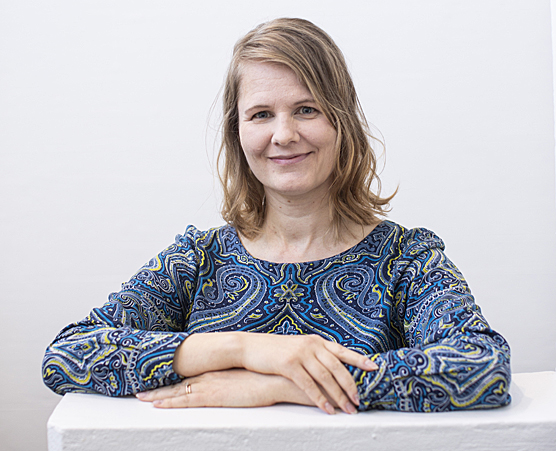
Tuuli Myllymaa © Kai Widell
The Circwaste project aims to promote the implementation of the National Waste Plan and to advance the objectives of the circular economy. The project has now been working towards these goals for over five years, with two years to go. The final phase of the project will see the promotion of a new and even better waste plan, the draft of which has just been submitted for consultation.
The new National Waste Plan is valid until 2027 and has been thoroughly revised and updated. The end result is excellent. It proposes improvements at all levels of the production, consumption and waste management chain. As we know, no major and lasting changes and objectives can be achieved alone but require strong cooperation and understanding.
The National Waste Plan to 2027 estimates an investment gap in waste infrastructure of several hundred million euros, including investment needs in the sharing economy and waste prevention. Estimating the long-term costs is always difficult, as the plan states, but the amount presented may well underestimate the needs.
As it has proved very difficult to improve the sorting efficiency of municipal waste beyond current levels, non-landfill measures will be needed in the future to close the loop. For example, mechanical, chemical and other new treatment technologies will need to be developed. These investments are also needed for waste produced by companies. The funding earmarked for the promotion of the circular economy should already be used at this stage for the development and construction of domestic technologies.
It is particularly important that the waste plan has created the conditions to support the important results of the Circwaste project. For example, efforts are being made to remove obstacles to the setting of regional recycling targets. The production of regional data has been identified as important to support regional management. More importantly, it is essential that this information is used to steer action in the right direction.
According to an old saying, knowledge is power. In today's information society, exercising that power also brings with it a great deal of responsibility. The way in which information is made openly available to all is of great importance. The latest draft waste plan contains a number of objectives for the new information systems and the generation of entirely new information brought about by waste legislation. This will contribute to improving the quality and accessibility of information. A further boost will come from voluntary agreements, which will hopefully be developed with great diligence by municipalities and businesses alike.
Looking back over the five-year life cycle of Circwaste, the world has changed enormously. But the need for information has remained and even increased, especially the right information. This is an objective that the project will continue to actively pursue over the next two years.
Tuuli Myllymaa, Circwaste project manager, Head of unit, Finnish Environment Institute